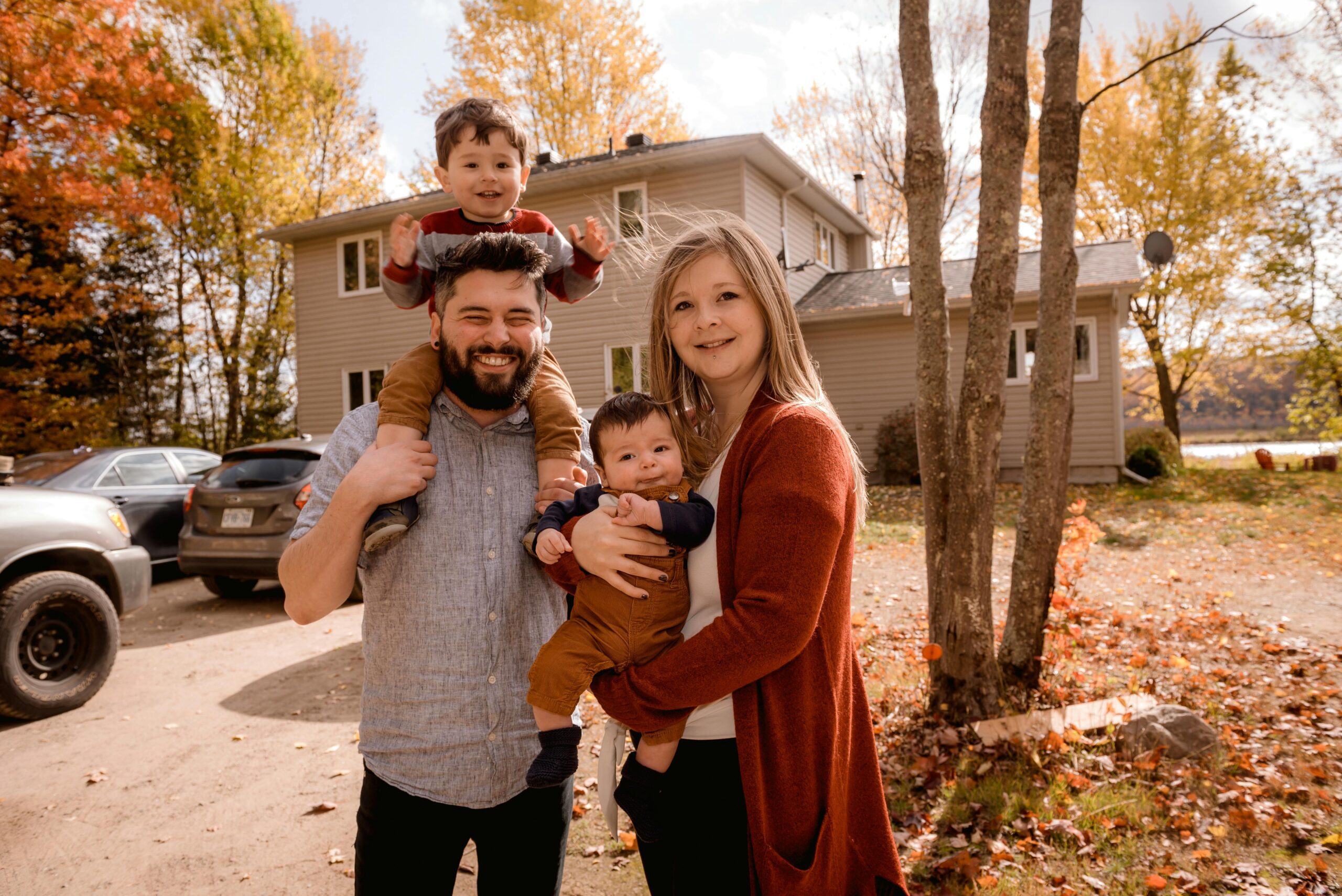
Collaborative Care in Child Therapy: Why Parent Involvement Matters
Why Collaborative Care is Essential in Child Therapy
“When parents are active partners in therapy, we see children progress faster and with more confidence. Therapy becomes less about what happens in one hour each week, and more about building habits that show up in daily life. For example, a child learning coping strategies for anxiety may practice those skills in session, but when parents use the same language and encourage practice at home, it reinforces progress in a way that lasts.”
Rhiannon Jones, Registered Social Worker
Collaboration at the Core
Children grow within families, schools, and communities, never in isolation. For child therapy to truly work, these systems need to be connected. When parents and caregivers are included, progress becomes more sustainable and meaningful. It creates consistent support across all systems, making new skills easier to practice, ensuring everyone understands the child’s needs in the same way and creates a circle of safety around the child – making them feel supported understood and less alone in their challenges.
Child therapy isn’t just about the toolbox – it’s about relationships, practice and emotional capacity that make these tools useable in real life. Parents are not on the sidelines. They are active participants who help build trust, connection, and consistency beyond the therapy room.
Tools are information and change requires integration.
Why Parent-Child Relationship Matters
Much of a child’s healing happens in the parent-child relationship. Progress is reinforced when parents learn new ways of connecting, responding, and co-regulating. This creates the foundation where strategies taught in therapy for kids can actually thrive in real life.
Evidence-based therapies highlight this truth: skills and techniques are most effective when paired with strong, supportive relationships at home. Tools are valuable, but only if the family environment makes them usable.

Rhiannon Jones, Registered Social Worker
Beyond Tools: Building Connection in Child Therapy
Structured sessions and strategies are important in therapy for kids and therapy for teens, but they are not the whole story. The real work is in shaping the parent-child relationship to provide safety, trust, and consistency for the whole family.
By focusing on this connection, therapy becomes more than symptom management. It becomes a process of nurturing resilience, confidence, and long-term growth.
Big feelings need connection first! It is difficult for a child (and parent) to practice their skills when they are worried about the other family members’ reaction. Practicing a breathing exercise or a coping skill works much better if paired with comfort, support and co-regulation from a trusted adult.
A child or parent may know what to do but when emotions are running high, our brains don’t always grab for the tool right away. Therapy can help you practice so strategies become second nature.
Specific strategies:
A child’s feelings don’t go away because you tell them to. They can on occasion even get louder if they do not feel you understand. Validation can go a long way when deescalating big feelings. Instead of, “You need to stop crying,” try “I see that you are feeling frustrated, that must be really hard.”
Repair: We are human and sometimes we say and do things we do not really mean when our emotional brain takes over. Use this as a connection moment between you and your child when you are both feeling calmer. Model that we can make mistakes and learn how to talk through them and repair them is a great way to build trust, connect and reliance.
Introducing Rising BeWellers
With this approach in mind, we created Rising BeWellers, a child counseling and youth therapy program that combines structured therapy with parent involvement.
Families can expect:
- Therapeutic Support: Sessions designed to help kids and teens regulate emotions, build coping skills, and manage challenges.
- Personalized Care: Plans tailored to each child’s developmental stage and unique needs.
- Parent and Child Therapy: Regular check-ins that guide parents in building safe, supportive environments where children’s skills can flourish and parents can feel more confident in what works well for their unique family.
Learn more about our program here!
A Shared Commitment
Collaborative care has always been a cornerstone of effective family-centered therapy for kids and teens. Rising BeWellers was built to bring that principle to life in a structured, supportive way for both children and parents.
Research consistently shows that family engagement improves outcomes for children and youth. Canadian organizations such as the Mental Health Commission of Canada and the Canadian Paediatric Society emphasize that integrative approaches linking families, schools, and healthcare providers are key to long-term success.
Our commitment is simple: children should not have to navigate challenges alone, and parents should feel empowered with strategies and support that extend far beyond the therapy room. If you are seeking kids therapy in Mississauga or Hamilton or specialized teen therapy support, our team is here to help.
About the Author

